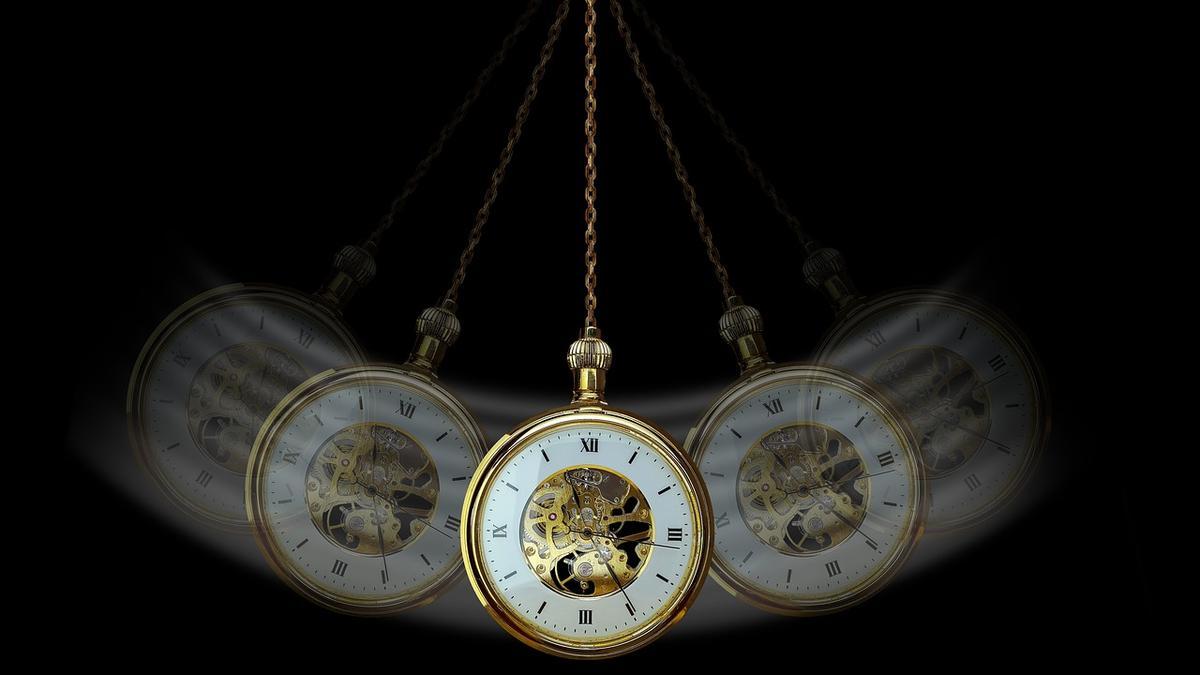It is often believed that hypnotism only works when a mystical stranger swings a pocket watch back and forth, repeating the phrase «You are sleepy, very sleepy,» changing a absolute control over youbut that is not how it really works and this gives rise to many harmful myths about hypnosis such as that, for example, the hypnotized person cannot resist suggestions when in reality it can.
This has been revealed by a new study from Binghamton University (United States) carried out by the professor of psychology and expert in hypnosis, Steve Jay Lynn, who considers that hypnosis has many useful clinical applications but that myths prevent them from being used to their full potential.
Therefore, in a recent article published in ‘BJPsych Advances’ titled ‘Reconciling myths and misconceptions about hypnosis with scientific evidence’, he and colleagues at King’s College’s Institute of Psychiatry, Psychology and Neuroscience have addressed a series of mistakes and misconceptions on the characteristics and practice of hypnosis.
Blind obedience?
The first most common myth in popular culture is the tendency to believe that hypnotized people cannot resist suggestions, that is, that they show «blind obedience», automatically accepting whatever the hypnotist suggests. However, people do not lose control of their actions during hypnosis.
In fact, the hypnotized can resist and even oppose hypnotic suggestions. Their experience of control during hypnosis depends on their intentions and expectations regarding whether or not they retain voluntary control.
Another myth is that hypnosis is a «special state» where defense mechanisms are reduced and a «unique state of physical relaxation and conscious unconsciousness» But this is not entirely true. People can respond to hypnotic suggestions even when alert and on a stationary bike.
In addition to being a contradiction in terms, «conscious unconsciousness» is an inaccurate description, because during hypnosis, even the most suggestible people will remain fully conscious and aware of their surroundings. It is more accurate to view hypnosis as a set of procedures in which verbal cues are used to modulate consciousness, perception, and cognition, rather than unnecessarily invoking «special states.»
Does not require special skills
Among the most deeply rooted myths, the concept of «hypnotist» or hypnotist similar to a magician with special powers of influence that can «hypnotize» anyone as the only person with such «great ability» to administer hypnotic methods.
This widespread idea is pure myth; actually administering a hypnotic induction and specific suggestionsor requires any special skills or abilities beyond those required for basic social interactions and the administration of experimental or clinical procedures, such as the ability to establish rapport. However, hypnosis should only be practiced by professionals trained in the use of hypnosis.
Memories of the past life?
Lastly, TV shows and movies often feature people who can recall memories. extremely accurate from a past life distant under hypnosis. But the research suggests a contrary view.
Related news
When researchers check the accuracy of memories of people who «age regress» to an earlier time with factual information from the suggested prognosis, they find that the information is almost invariably incorrect. What people report is largely consistent with the information that the experimenters provided regarding their alleged past life experiences and identities, eg, with a different race, culture, gender.
These conclusions imply that the «memory» reflects expectations, fantasies, and beliefs of participants regarding personal characteristics and events during a given historical period.

